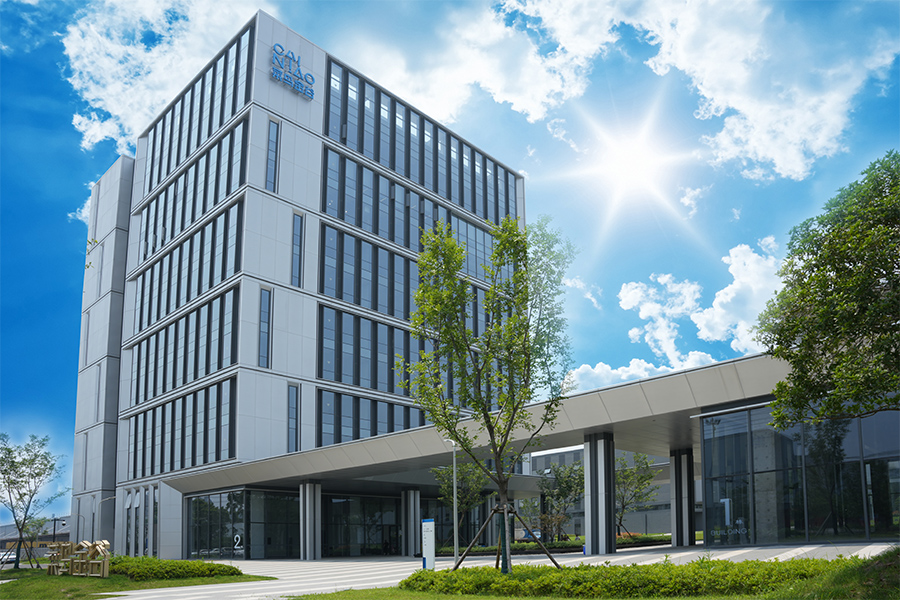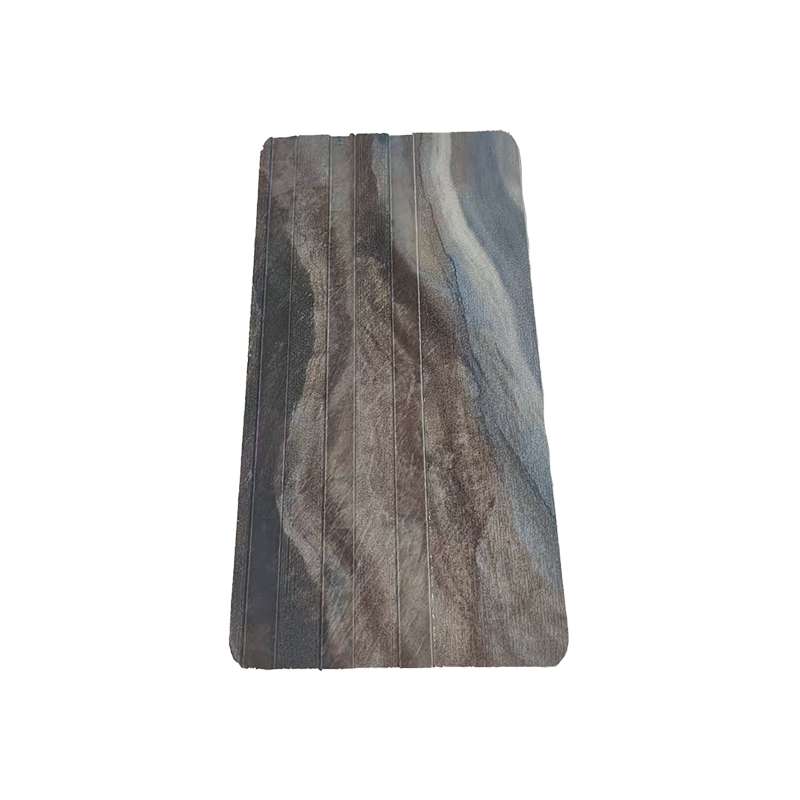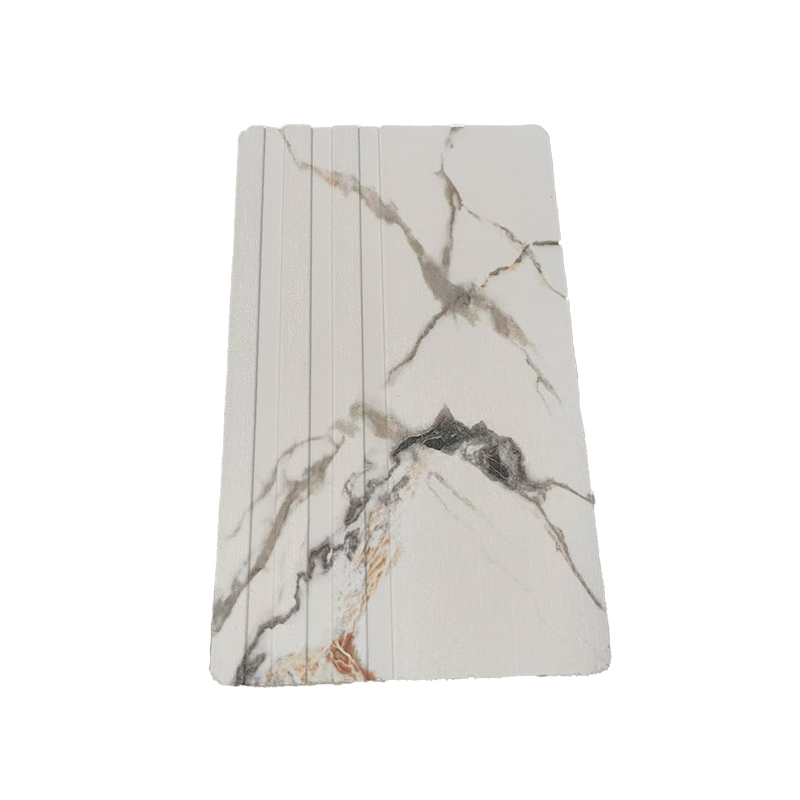
About

HAINING COMMERCE IMP& EXP CO., LTD.
HAINING COMMERCE IMP& EXP CO., LTD. has 13 modern production lines, focusing on the research and development and production of PS wall panels, skirtings, decorative lines, photo frame lines, mirror frames and various interior and exterior decorative profiles. We always adhere to the concept of "quality first, integrity-based", and our products are exported to many countries and regions such as the Middle East, India, South America, and Europe, and are widely trusted and praised by customers.
Honor
News
-
Industry News 2026-01-30
In the world of interior finishing, the once-overlooked skirting board is undergoing a quiet revolution, with Polystyren...
View More -
Industry News 2026-01-23
In the competitive world of interior wall finishes, PS (Polystyrene) panel walls are carving out a significant niche, mo...
View More -
Industry News 2026-01-16
In the world of interior and exterior cladding, a quiet revolution is reshaping surfaces. The WPC (Wood-Plastic Composit...
View More -
Industry News 2026-01-09
The global market for Wood-Plastic Composite (WPC) wall panels is experiencing robust growth, driven by the construction...
View More -
Industry News 2026-01-02
A significant shift is occurring within the interior finishes sector, moving beyond mass-produced uniformity toward pers...
View More



 English
English  русский
русский  عربى
عربى 








